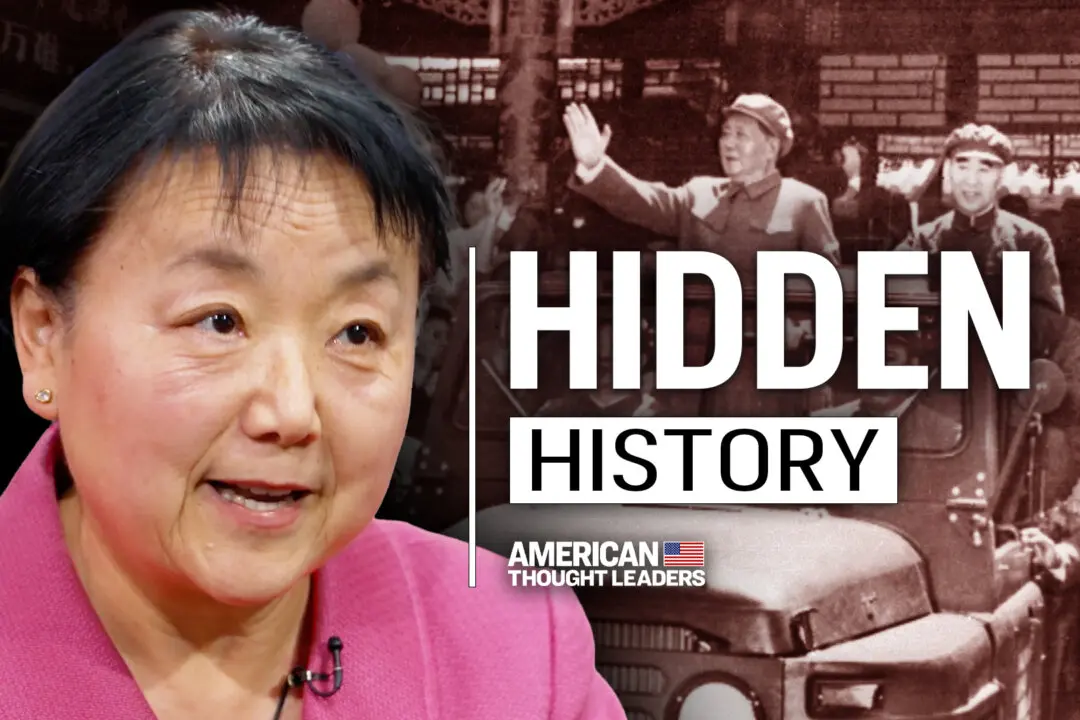Kevin Roberts, president of The Heritage Foundation, is warning about the growing Chinese Communist Party (CCP) influence in the United States and insists on a robust reaction from the American administration and leaders to confront and defeat it.
In an April 29 interview with Jan Jekielek, host of EpochTV’s “American Thought Leaders” program, Roberts talked about the Chinese threat facing the United States, which the nonprofit addressed in its “Winning the New Cold War: A Plan for Countering China” report (pdf).






